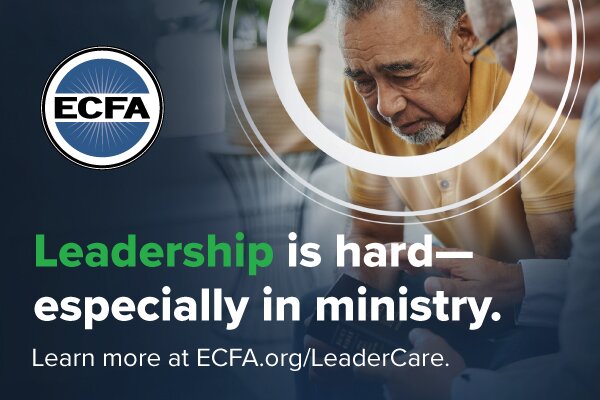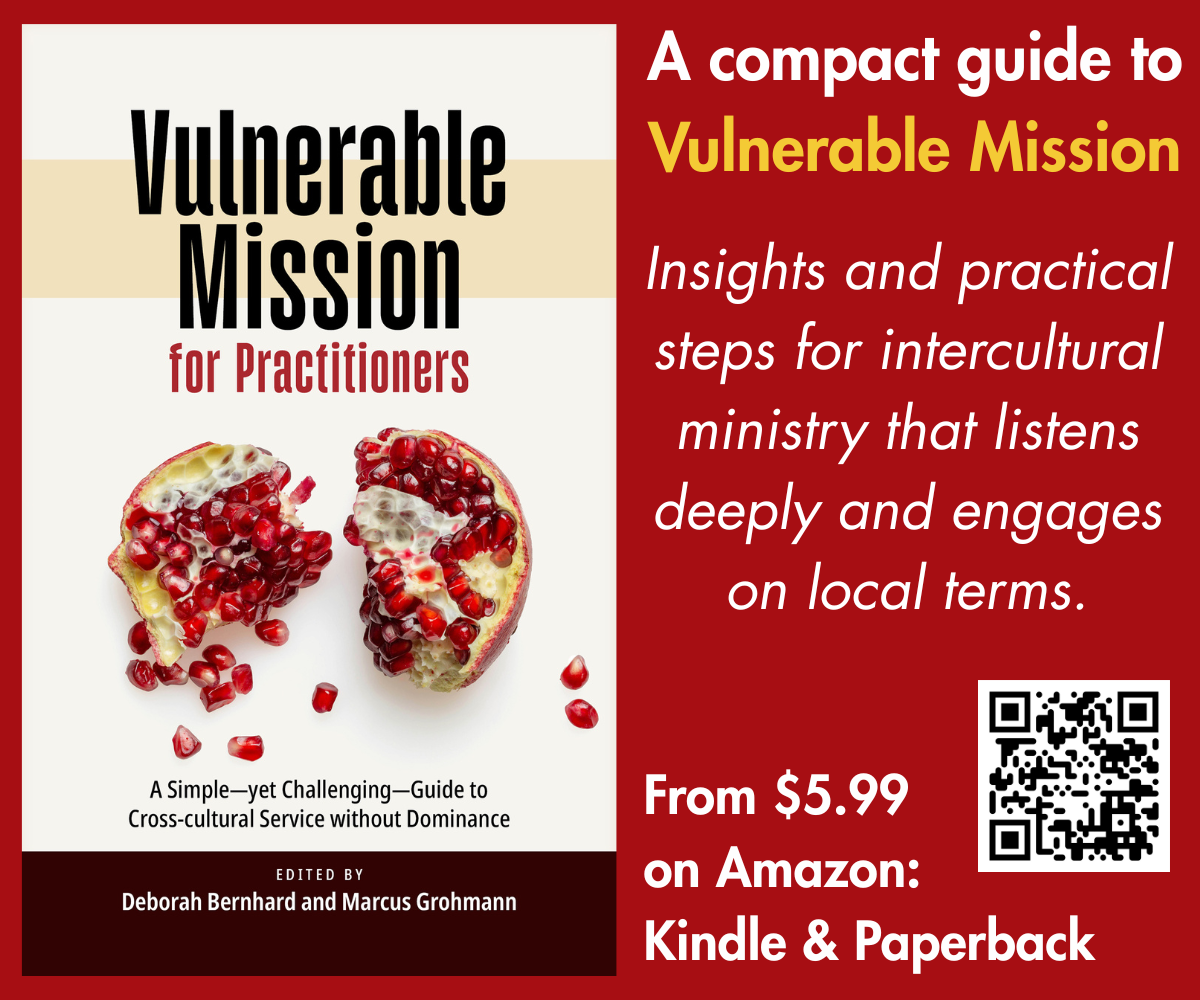EMQ » Jan – March 2025 » Volume 61 Issue 1

Embodied Mission
Summary: Studies in neuroscience and adult learning affirm the value of cultural, relational, and emotional means of knowing that extend beyond rational cognition. The arts are therefore a potent form of communication that allow all of us – not only those with special training as artists – to construct concepts and narratives that shape our lives and reflect the truth of the gospel. They provide a more holistic approach to gospel transmission that propositional telling strategies on their own miss.
By Lydia Hreniuc and Robin Harris
As humans, we are compelled to make meaning of the world. This inherent potential is not only beneficial to human development, but critical because it defines our relationship with God and his creation. Consider the words of the psalmist:
The Lord reigns, let the earth rejoice; let the many coastlands be glad!Clouds and thick darkness are all around him; righteousness and justice are the foundation of his throne.Fire goes before him and burns up his adversaries all around.His lightnings light up the world; the earth sees and trembles.The mountains melt like wax before the Lord, before the Lord of all the earth. (Psalm 97:1–5, ESV)
In Psalm 97, the composer grapples with the immense holiness of God in a poetic response to his sublime experiences of the created order. The psalmist’s ability to purposefully construct concepts and narratives out of his experience is foundational to how he relates to God.
The overwhelming emotion that accompanies his experience of creation becomes the means by which the psalmist makes sense of a God that transcends the bounds of his imagination. This ability to make meaning emerges from his embodied experience and directly shapes his participation in that reality.
Discoveries in neurology and adult learning affirm what many of us instinctively know to be true – that our growth and development is fundamentally grounded in the cultural, relational, and emotional ways we engage with the world. Yet, as we consider the history and trajectory of missions, are our efforts aligned with this embodied reality?
Member-Only Access
Evangelical Missions Quarterly (EMQ) is available to Missio Nexus members as a member-only benefit or as a digital subscription.
Please login to gain access or join Missio Nexus!






